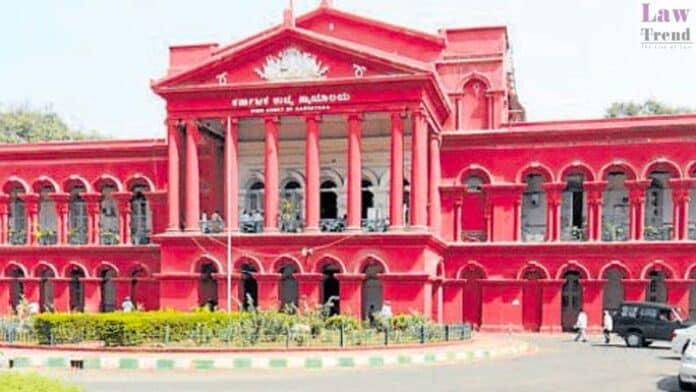In a significant legal decision, the Karnataka High Court has quashed the case against Priyank Kanoongo, the chairperson of the National Commission for Protection of Child Rights (NCPCR), who faced allegations of trespassing into Darul Uloom Sayideeya, a Muslim orphanage, and likening its conditions to those under Taliban rule.
The ruling, delivered by Justice M Nagaprasanna of a single judge bench, dismissed the charges that were based on a complaint filed by the orphanage’s secretary, Ashraf Khan, subsequent to Kanoongo’s visit on November 19, 2023. The formal charges included trespassing, defamation, and actions intended to outrage religious sentiments under Sections 447, 448, 295A, and 34 of the Indian Penal Code.
During the court proceedings, it was highlighted that Kanoongo and his team’s visit to the orphanage led to controversial remarks on social media, where Kanoongo compared the living conditions within the institution to those under the Taliban, triggering the legal complaint. However, the court noted that the remarks were metaphorical and not intended to reference terrorism. Justice Nagaprasanna pointed out that even in defamation cases, the comments could not be construed as a criminal offense, criticizing the complainant for an inaccurate translation of the tweet.
The court also dismissed the trespassing charges, acknowledging that government officials are authorized to conduct inspections, which includes visits to institutions like orphanages. On the more sensitive charge under Section 295A, the court questioned the appropriateness of government officials commenting on their duties via social media but stopped short of finding Kanoongo guilty of intending to outrage religious sentiments.
While allowing Kanoongo’s petition and quashing the charges, the Karnataka High Court advised that public officials should practice restraint in sharing observations on social media. The court emphasized that official reports should be limited to factual findings and avoid personal commentary, underlining the need for professionalism and decorum in the conduct of public duties.




